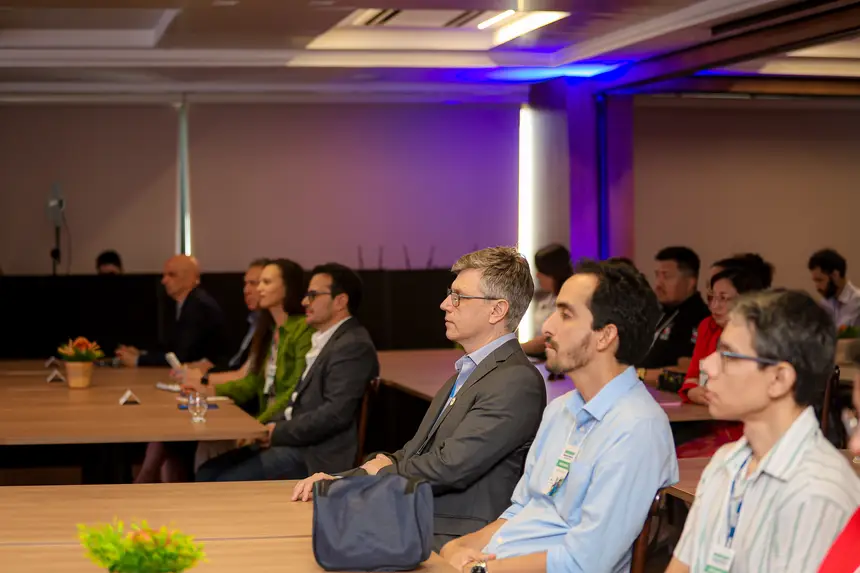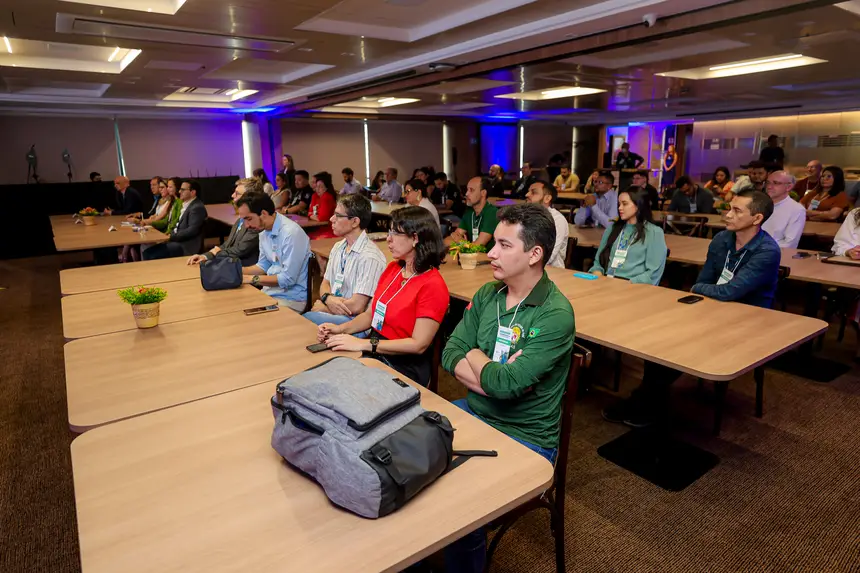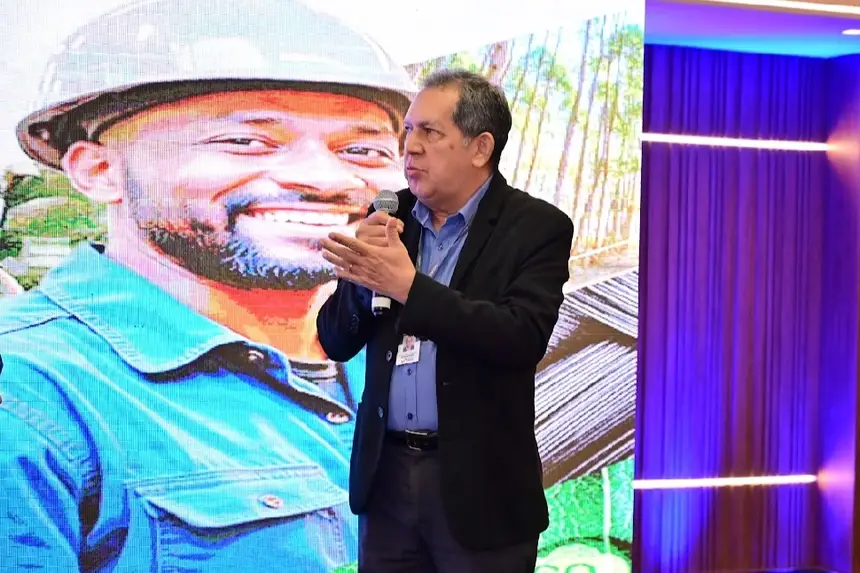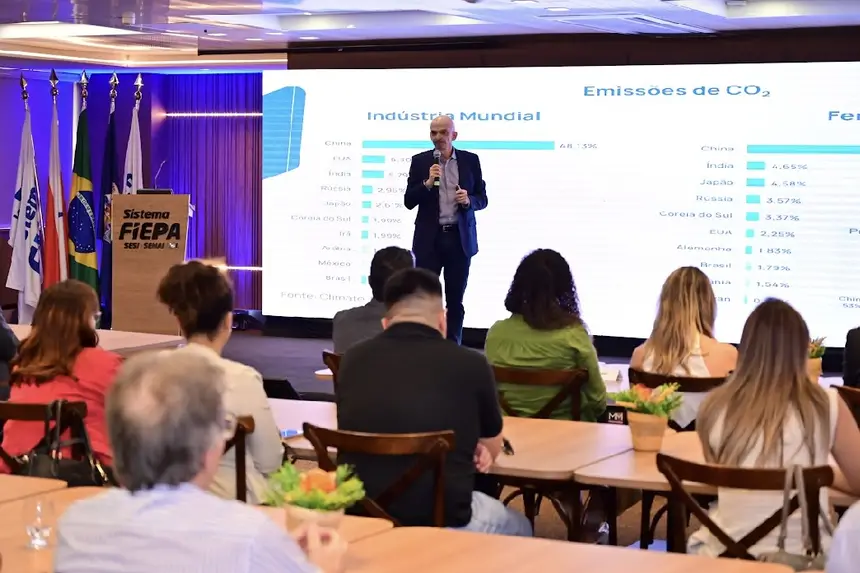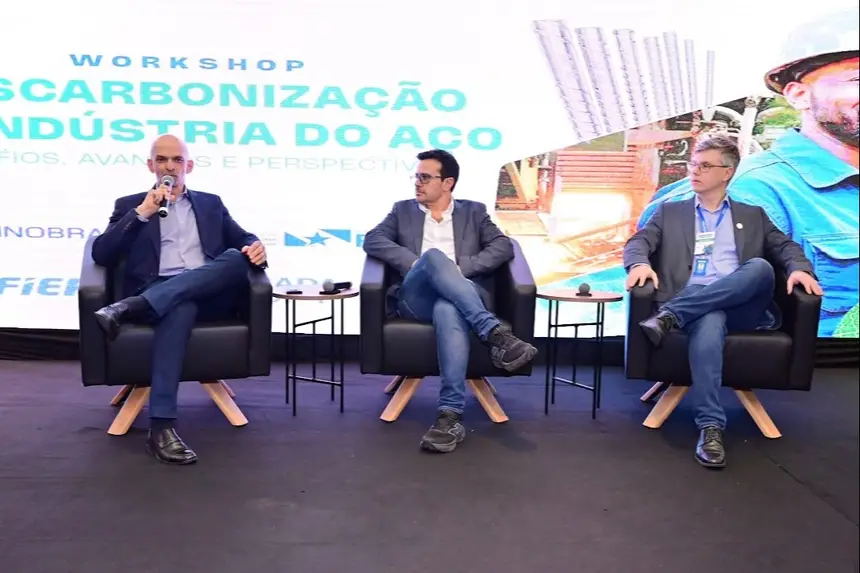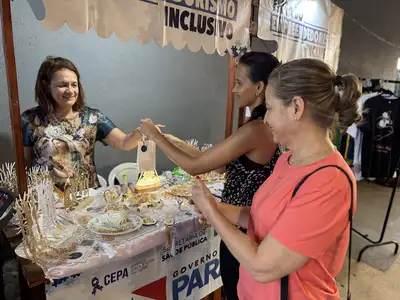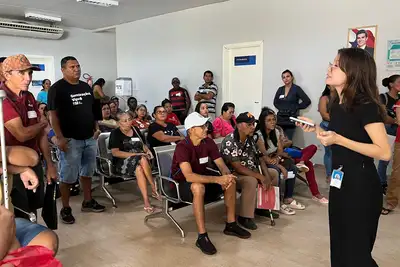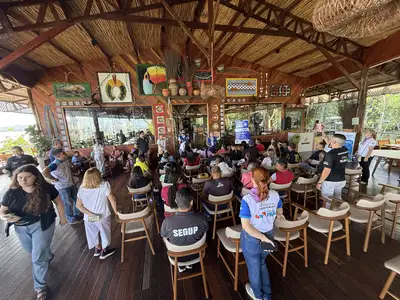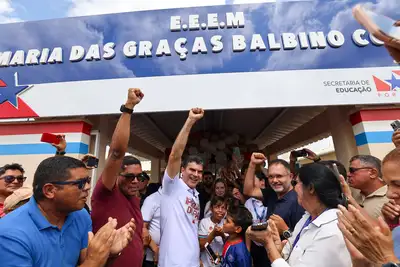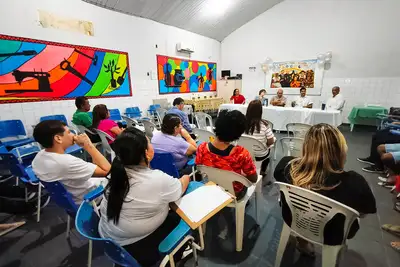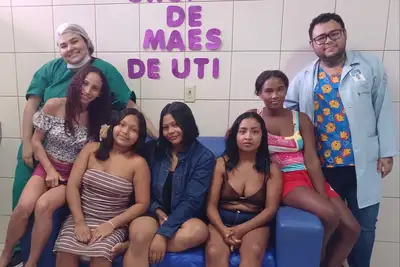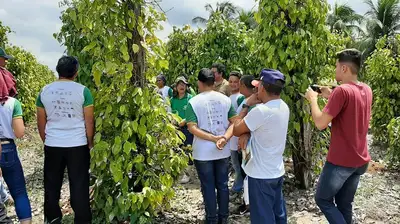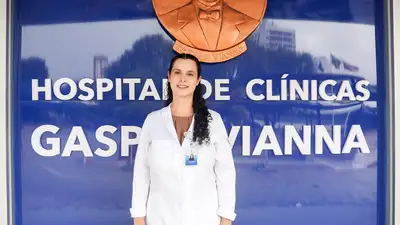Decarbonization Workshop Reinforces Pará's Protagonism in the Steel Industry
Event connects the productive sector, government, and specialists to accelerate the energy transition and boost the low-carbon economy
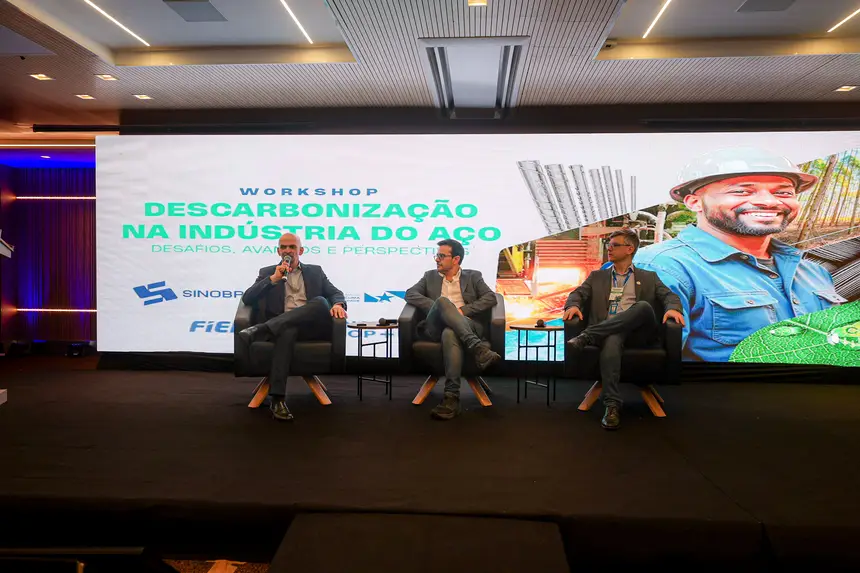
Belém hosted, on this Monday (22), the Workshop "Decarbonization in the Steel Industry", which brought together government, the productive sector, and specialists to discuss strategies for emission reduction, accelerate the energy transition, and enhance the sustainable competitiveness of the steel chain in Pará. The meeting was promoted by the company Siderúrgica Norte Brasil S.A. (Sinobras), in partnership with the State Secretariat for the Environment, Climate, and Sustainability (Semas) and the Federation of Industries of the State of Pará (Fiepa), and was endorsed by the COP+ Journey seal.
The Deputy Secretary of Environmental Management and Regularity of Semas, Rodolpho Zahluth Bastos, highlighted Pará's strategic role in the energy transition and in promoting the circular economy. "Decarbonization of the steel chain is crucial. It involves technological and strategic challenges related to the energy transition, generating positive impacts such as pollution reduction, creation of green jobs, and strengthening circular chains with the reuse of co-products, such as metal scrap, which can stimulate the work of recyclable material cooperatives and, thus, expand social inclusion. At the same time, the expanded view of the productive chain allows for a better understanding of environmental licensing," he stated.
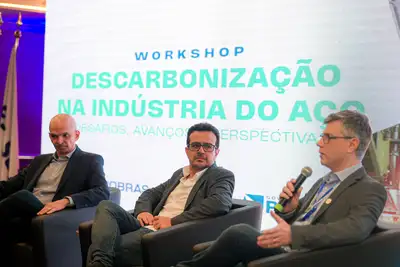
Bastos also mentioned the Santarém Letter, a socio-environmental commitment recently signed by the mineral sector, as a sign that Pará is consolidating a new paradigm for all productive chains. "The events reflect the breadth of the debate on the expanded role of companies with environmental compliance. The climate agenda goes beyond combating deforestation. It requires the implementation of low greenhouse gas emission technological routes, and this involves all productive chains in the State," he added.
Ian Corrêa, Vice President of Operations of Grupo Aço Cearense, which controls Sinobras, emphasized that the holding of the 30th United Nations Conference on Climate Change (COP30) in Belém increases the urgency of the debate on emission reduction and biodiversity preservation. "Discussing concrete solutions for the decarbonization of the sector is essential for the advancement of our operations," he stated. Meanwhile, the Sustainability Manager of Sinobras, Junimara Chaves, reinforced the need for a collective pact. "Our goal is to show that the steel industry can be part of the solution," she noted.
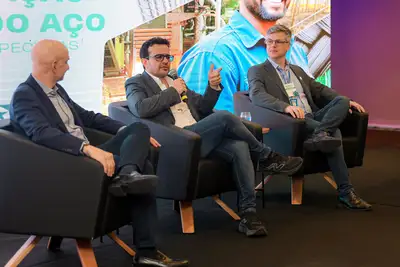
The workshop addressed topics such as energy efficiency; verticalization; use of renewable energies; public policies; carbon market; forest restoration; and ESG practices. The expectation is that the meeting will serve as an engagement platform to accelerate decarbonization commitments and to consolidate Pará as a national reference in sustainable development.
"The State is willing to support all initiatives that involve this transition to a low-carbon economy that offers opportunities for regional development, creates resilience in communities, generates jobs, and protects the population against climate risks," concluded Bastos.
Economic Development
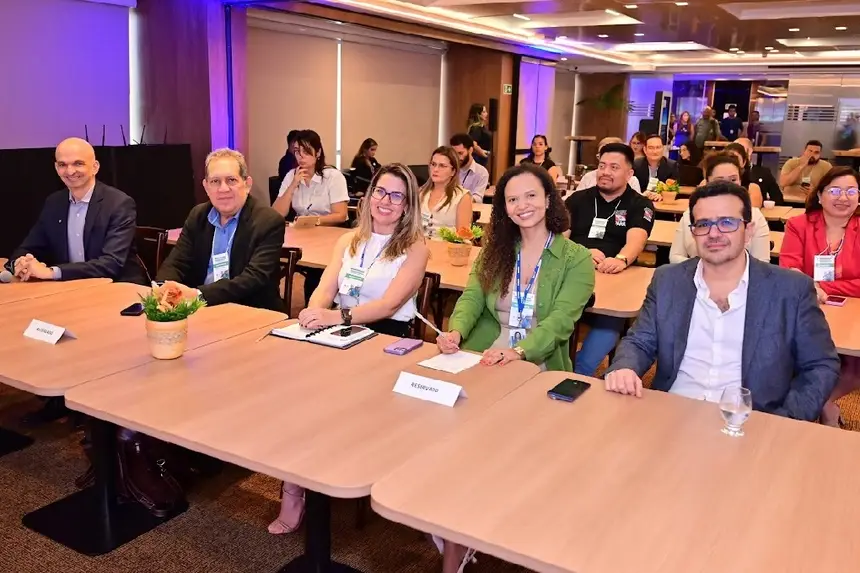
The Pará Economic Development Company (Codec) also closely followed the debates, represented by the Director of Strategy and Institutional Relations, Pádua Rodrigues, and the Technical Director, Ruy Klautau de Mendonça. Codec's presence reinforces the Company's commitment to align the industrial development of the State with the best practices of sustainability and innovation.
For Director Pádua Rodrigues, the verticalization of mineral production is one of Pará's greatest challenges and directly involves steelmaking.
"The great challenge for Pará is to achieve the verticalization of mineral raw materials. Steel production is based on iron ore, a resource in which the State has a magnificent reserve. Understanding the production process of iron ore verticalization is essential for Codec's role in attracting investments and businesses, always focusing on sustainability. The workshop served to help us understand that iron ore can be verticalized with lower carbon content in the process," he highlighted.
He also added that participating in this type of debate is essential for those who have the mission of establishing industries in Pará: "In fact, all government structures must be focused on reducing environmental impacts on nature, especially in decarbonization, which is the main factor affecting climate change."
The Technical Director of the Company, Ruy Klautau de Mendonça, emphasized the importance of closely monitoring innovations that unite development and environmental responsibility.
"Pará has the conditions to become a reference in the implementation of low-carbon industries. Closely following the technological and environmental directions of the sector is fundamental to plan the future responsibly, ensuring economic development aligned with environmental preservation," he stressed.
Text: Ronan Frias and collaboration from Thaís Menezes (Ascom Codec)


